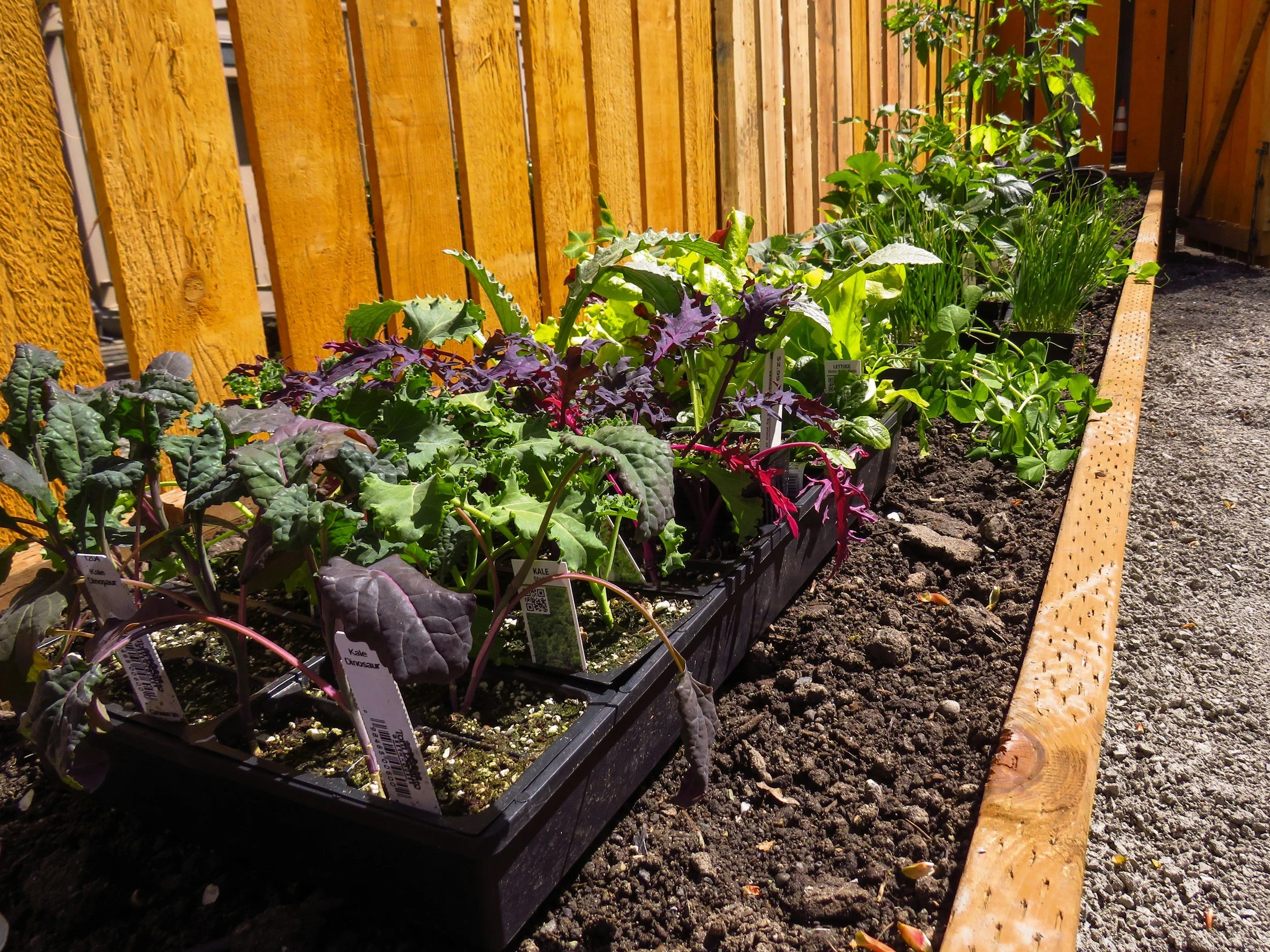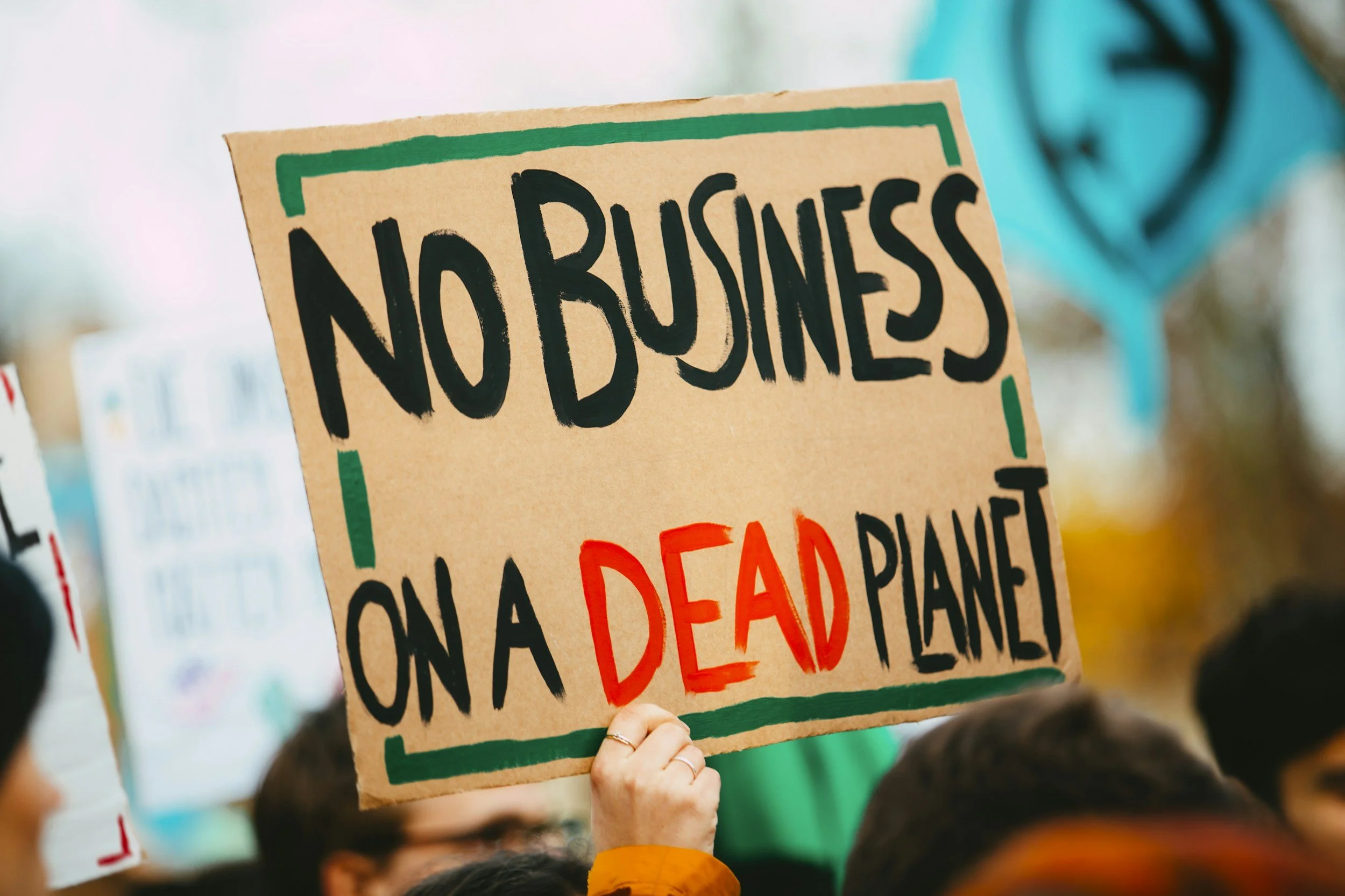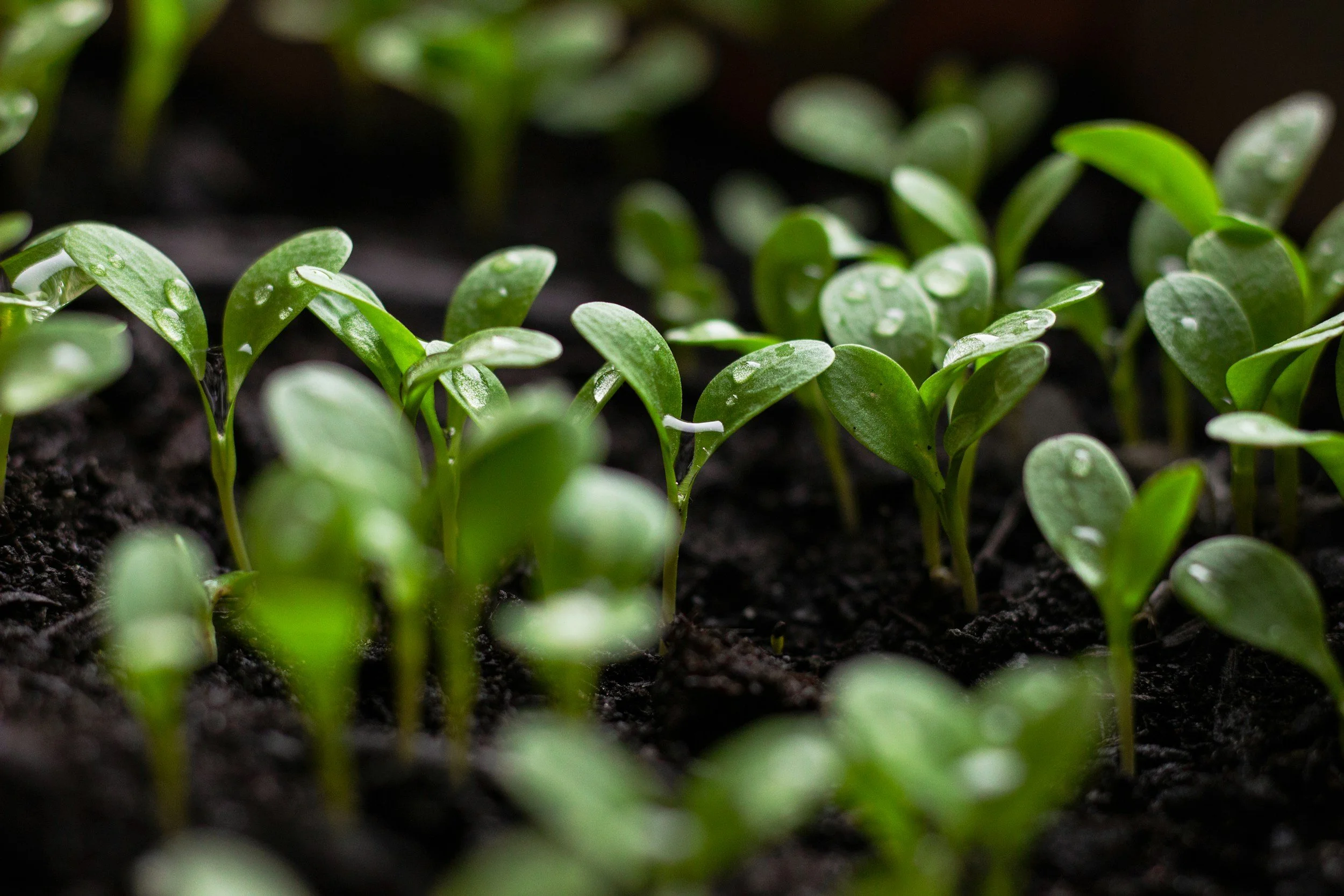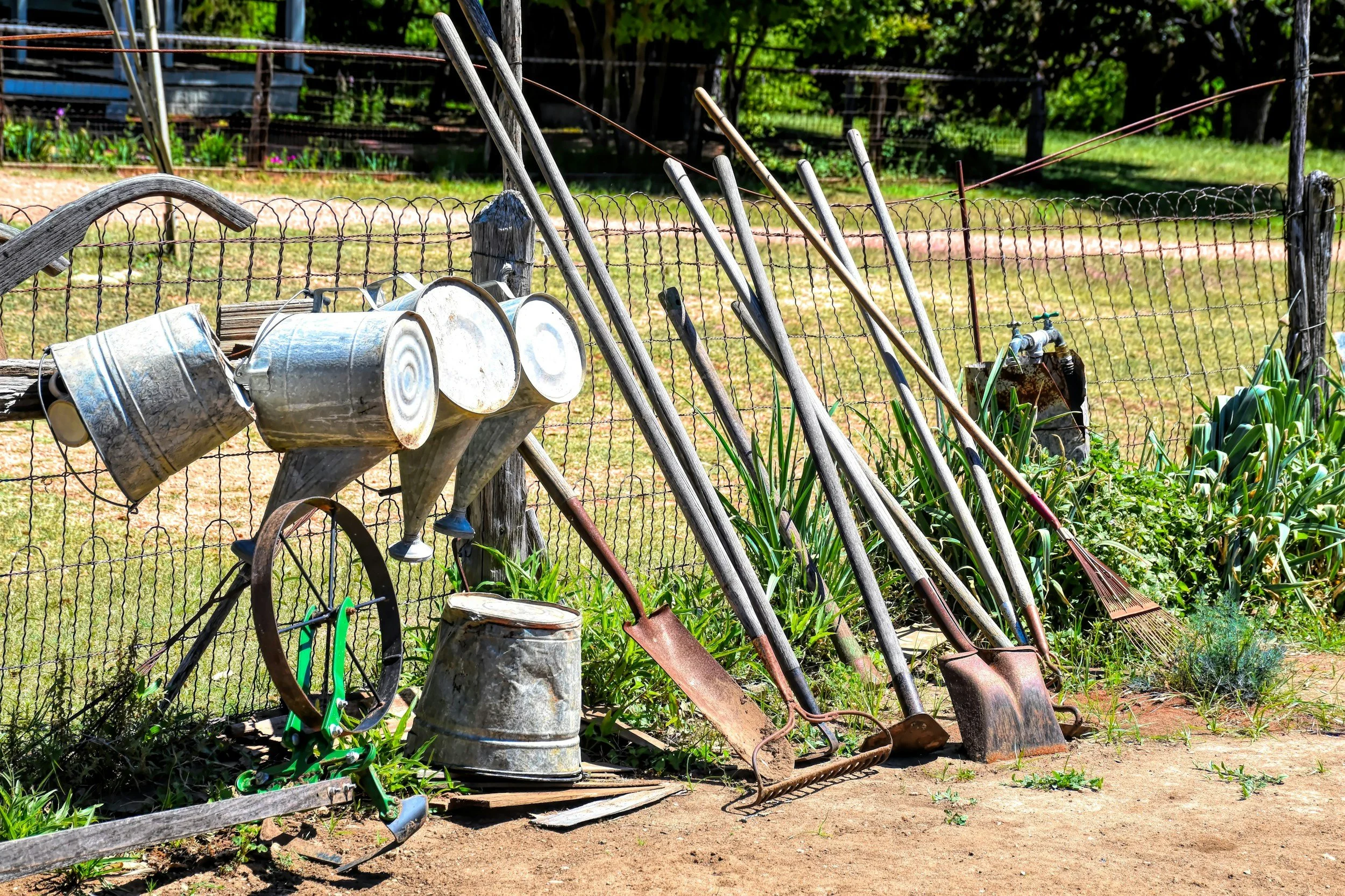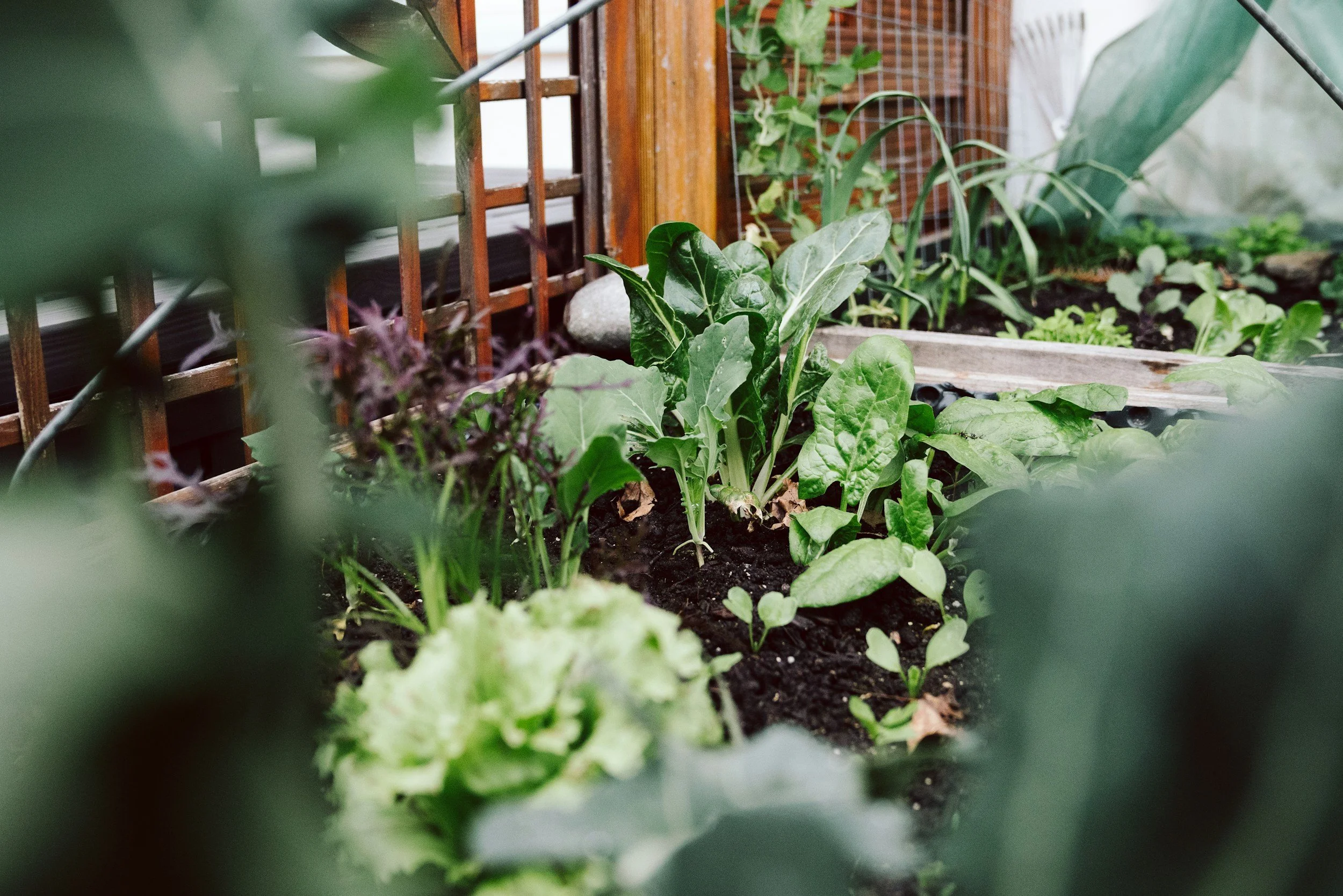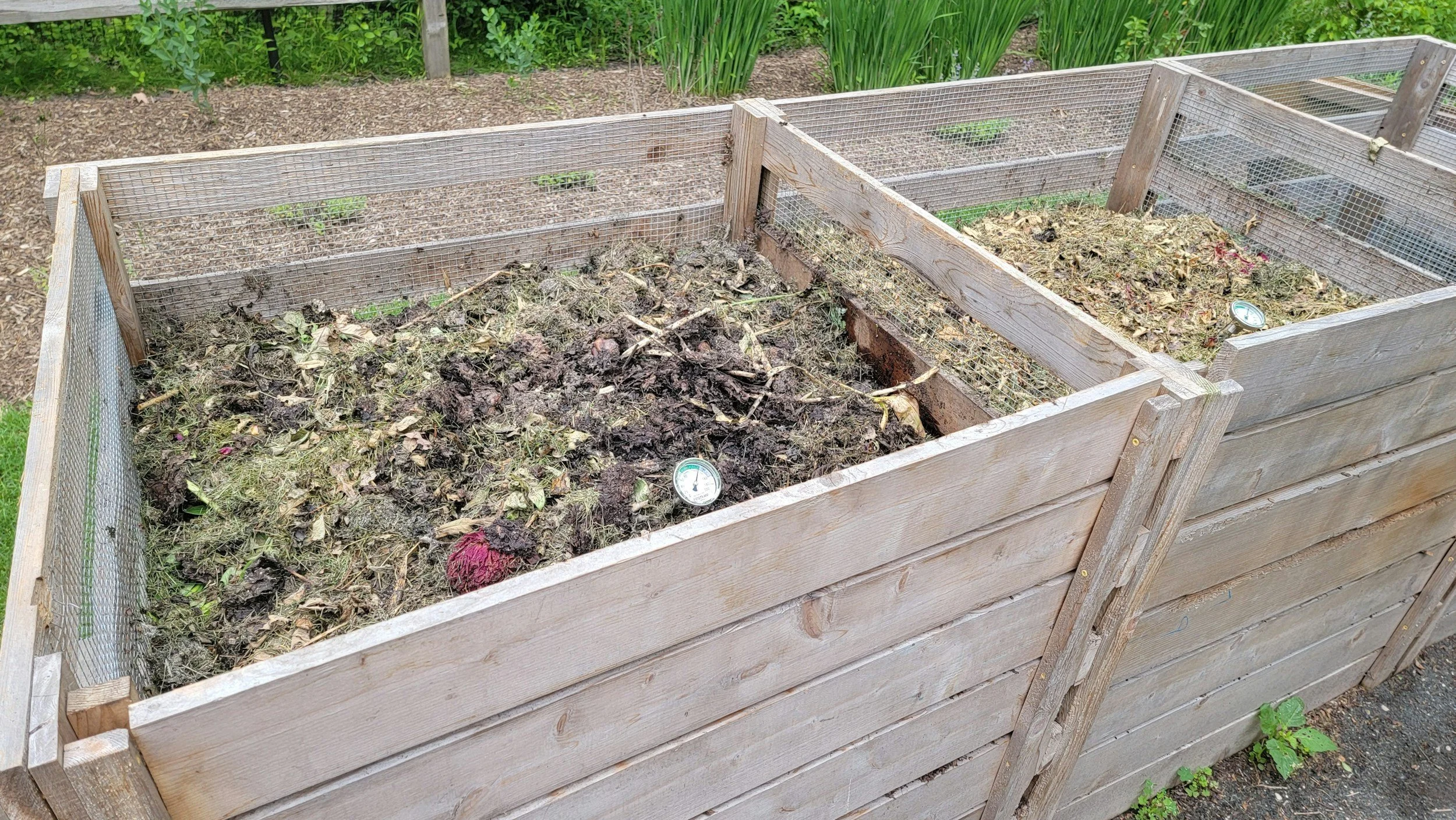Beyond Oil: Could Space Solar or Algae Biofuels Power Africa?
/Africa’s renewable energy journey is at a pivotal moment. With its vast natural resources, young population, and rising energy demand, the continent is uniquely positioned to pioneer new energy solutions. While solar, wind, and hydropower dominate today’s renewable landscape, two cutting-edge technologies, space-based solar power (SBSP) and algae-based biofuels, are gaining attention worldwide. The key question is: could these futuristic technologies hold real promise for Africa?
Companies like BTE Renewables (based in South Africa), Powerhive (headquartered in Kenya), and Infinity Power (based in Egypt) represent some of the faces of emerging renewable solutions for the continent. This article explores both options, their potential benefits, and their feasibility in the African context.
Africa’s Growing Energy Challenge
Sub-Saharan Africa faces a dual challenge: expanding electricity access for millions while transitioning toward low-carbon energy. According to the International Energy Agency (IEA), more than 600 million Africans still lack reliable electricity. Meanwhile, urbanization and industrialization are driving rapid demand growth.
Conventional renewables — solar PV, wind, and hydropower—are scaling quickly. But long-term energy security may require looking beyond traditional sources toward next-generation technologies such as space-based solar and algae biofuels.
What Is Space-Based Solar Power?
Space-based solar power involves placing solar panels in orbit, where they capture uninterrupted sunlight and beam the energy back to Earth using microwaves or lasers. Unlike terrestrial solar, which is limited by weather and day-night cycles, SBSP could provide continuous, round-the-clock energy.
Potential Benefits for Africa:
Consistent Power Supply: Useful for countries with unstable grids.
Bypassing Land Constraints: Avoids competing with agricultural or urban land use.
Scalability: Could theoretically provide gigawatts of clean energy.
Challenges:
Extremely high initial costs.
Dependence on advanced space infrastructure and international partnerships.
Regulatory and safety concerns around wireless energy transmission.
For Africa, SBSP could be a long-term solution, but implementation depends on global collaboration and major cost reductions.
What Are Algae Biofuels?
Algae biofuels are produced by cultivating algae, microscopic organisms that can generate oils suitable for biodiesel, ethanol, or jet fuel. Unlike food-based biofuels, algae grow in non-arable land and use wastewater or brine, avoiding competition with food crops.
Potential Benefits for Africa:
Resource Abundance: Africa has vast coastlines and saline lakes ideal for algae cultivation.
Job Creation: Biofuel industries require local cultivation, harvesting, and refining.
Carbon Reduction: Algae absorbs CO₂ during growth, making it climate friendly.
Energy Security: Local biofuel production could reduce reliance on imported fossil fuels.
Challenges:
High production costs compared to fossil fuels.
Limited large-scale pilot projects in Africa.
Technological expertise and capital investment gaps.
Still, algae biofuels may represent a mid-term solution for Africa, especially for aviation, transport, and off-grid applications.
Policy and Investment Implications
To unlock these opportunities, Africa must adopt forward-looking strategies:
Research & Development (R&D): Governments and universities should invest in pilot projects for algae cultivation and participate in global SBSP research consortia.
Public-Private Partnerships: Collaboration between international energy firms and African startups can bring technology and funding.
Regional Cooperation: Joint research hubs, particularly in coastal nations, can test scalable algae biofuel projects.
Skills Development: Training in biotechnology, space sciences, and renewable engineering will be crucial.
Social and Economic Opportunities
Employment: Algae biofuel industries could provide rural and coastal communities with new income opportunities.
Innovation Ecosystem: Pursuing SBSP and algae fuels positions Africa as a player in frontier technologies.
Energy Access: Local biofuel projects could power decentralized mini-grids, serving rural communities.
The choice is not about one technology replacing another; it’s about building a diverse renewable portfolio that balances short-term needs with future ambitions.
Global Trends and African Leadership
Japan and the US are leading SBSP research, with plans to test orbital energy beaming within the next decade.
The EU and China are investing heavily in algae biofuel R&D.
Africa’s Role: By leveraging its natural resources and youthful workforce, Africa can leapfrog into algae biofuel deployment and participate in SBSP collaborations.
If African governments align policies with innovation, they can shape global renewable trends rather than just follow them.
The Path Forward
Near-Term Focus: Scale algae biofuel pilots in Kenya, South Africa, Nigeria, and Morocco.
Mid-Term Action: Create research hubs in biotechnology and renewable engineering.
Long-Term Vision: Join international SBSP alliances to prepare for future orbital power systems.
Policy Alignment: Offer incentives for renewable startups and enforce carbon reduction strategies.
Community Engagement: Ensure local populations benefit from job creation and energy access.
Expanding the Conversation: Broader Impacts
Beyond technical and policy considerations, these technologies raise environmental, geopolitical, and ethical questions.
Environmental Impacts: Algae cultivation can help clean wastewater and capture carbon, but poorly managed projects could disrupt local ecosystems. SBSP, on the other hand, raises concerns about space debris, satellite traffic, and safe microwave transmission to Earth.
Geopolitical Positioning: Africa’s involvement in SBSP will depend heavily on international cooperation. Nations that establish early partnerships could benefit from technology transfer and energy security. Meanwhile, algae fuels could strengthen Africa’s independence from volatile fossil fuel markets.
Equity and Inclusion: As with all energy projects, benefits must reach local communities. Policies should prioritize access for underserved populations rather than creating systems that only benefit urban elites.
The Role of Innovation Hubs in Africa
Countries like Kenya, Rwanda, and South Africa already host thriving innovation ecosystems. By connecting universities, startups, and governments, these hubs can become incubators for pilot projects in algae cultivation and renewable energy integration.
Kenya: Building on its geothermal expertise, Kenya could pioneer algae cultivation in saline water bodies such as Lake Turkana’s surroundings.
South Africa: With advanced research institutions, South Africa could lead in refining biofuel technologies and contributing to SBSP feasibility studies.
North Africa: Morocco and Egypt, with access to both the Mediterranean and Atlantic coasts, could develop large-scale algae farms tied to export markets.
Such hubs would ensure Africa does not merely import solutions but actively creates them.
Potential Synergies with Existing Renewables
Instead of treating SBSP and algae fuels as stand-alone solutions, Africa can integrate them into its broader renewable strategy:
With Solar and Wind: Algae biofuel plants could provide backup power for solar and wind farms during low-generation periods.
With Hydropower: SBSP could complement seasonal hydropower generation, ensuring year-round stability.
With Mini-Grids: Algae biofuels could serve as liquid fuel for off-grid diesel replacements, accelerating rural electrification.
This hybrid approach could make African grids more resilient, sustainable, and future-ready.
The Promise of Renewable Energies for Africa
Africa’s renewable future is not limited to solar farms and wind turbines. With algae biofuels offering near-term potential and space-based solar representing a visionary long-term goal, the continent can position itself as both an innovator and a beneficiary of global energy transitions.
Investing in research, skills, and pilot projects today will ensure that Africa’s tomorrow is powered not only by abundant sunshine and wind but also by cutting-edge, sustainable innovations.
About the Author:
Wasim Younas is a digital marketing specialist with a strong focus on off-page SEO. With expertise in the energy and renewable sector, he helps businesses improve their online visibility, build authority, and attract the right audience. Passionate about sustainability and digital growth, Wasim combines industry knowledge with proven SEO techniques to deliver measurable results for energy-focused brands.









